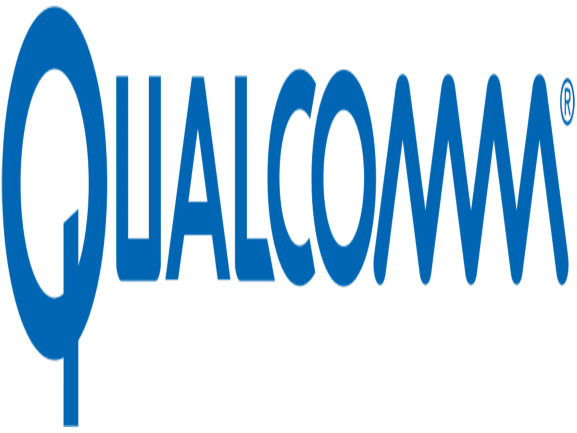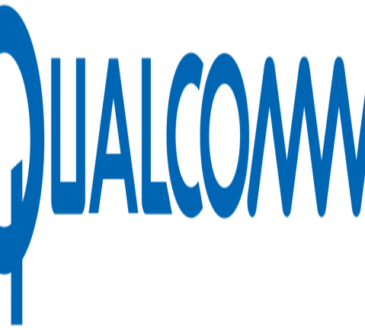
By Sarah Clark
Smartphones will in the future come with the ability to read RAIN RFID tags, opening up new opportunities for consumers to engage with the world around them via their mobile device, wireless technology giant Qualcomm has revealed.
“The integration of RAIN technology into mobile devices is rapidly progressing, with the initial rollouts focusing on enterprise mobile devices, expected within a few quarters,” Qualcomm told trade body the RAIN Alliance in a statement.
“Consumer devices equipped with RFID technology are set to follow. Qualcomm Technologies, Inc is actively involved in the ecosystem that is turning this vision into reality.”
Qualcomm has confirmed the statement with NFCW but, when asked for more information, says that no further details are being made available at this time.
Ultra High Frequency (UHF) RAIN — an acronym derived from RAdio frequency IdentificatioN — RFID tags differ from NFC in that they can be read at a distance of up to 20 metres or more. Multiple tags can also be read simultaneously while, for instance, passing along a conveyor belt in a distribution or recycling centre.
They are typically simpler, don’t include any security features as standard and, until now, it has only been possible to read them with dedicated hardware such as a fixed or handheld scanner.
Because of that, they have traditionally been seen as a ‘back office’ business-to-business technology rather than a consumer-facing technology, Aileen Ryan, president of the RAIN Alliance, told NFCW.
But that’s now changing, Ryan says. Suppliers are gearing up for the arrival of digital product passports (DPPs), which will require every garment sold in the EU to come with a unique machine-readable product identifier from 2027, and see an opportunity to expand both the functionality of their tags and introduce new in-store and at-home experiences.
Adding support for UHF RFID tag reading to standard smartphones will not be either quick or simple, however. Meanwhile, the NFC Forum is in turn working to define additional standards aimed specifically at digital product passport use cases, in order to strengthen the appeal of NFC tags to brands implementing DPPs.
These are set to include the ability for a single NFC tag to support multiple records, support for offline access to dynamic DPP data and additional anti-tampering features.






